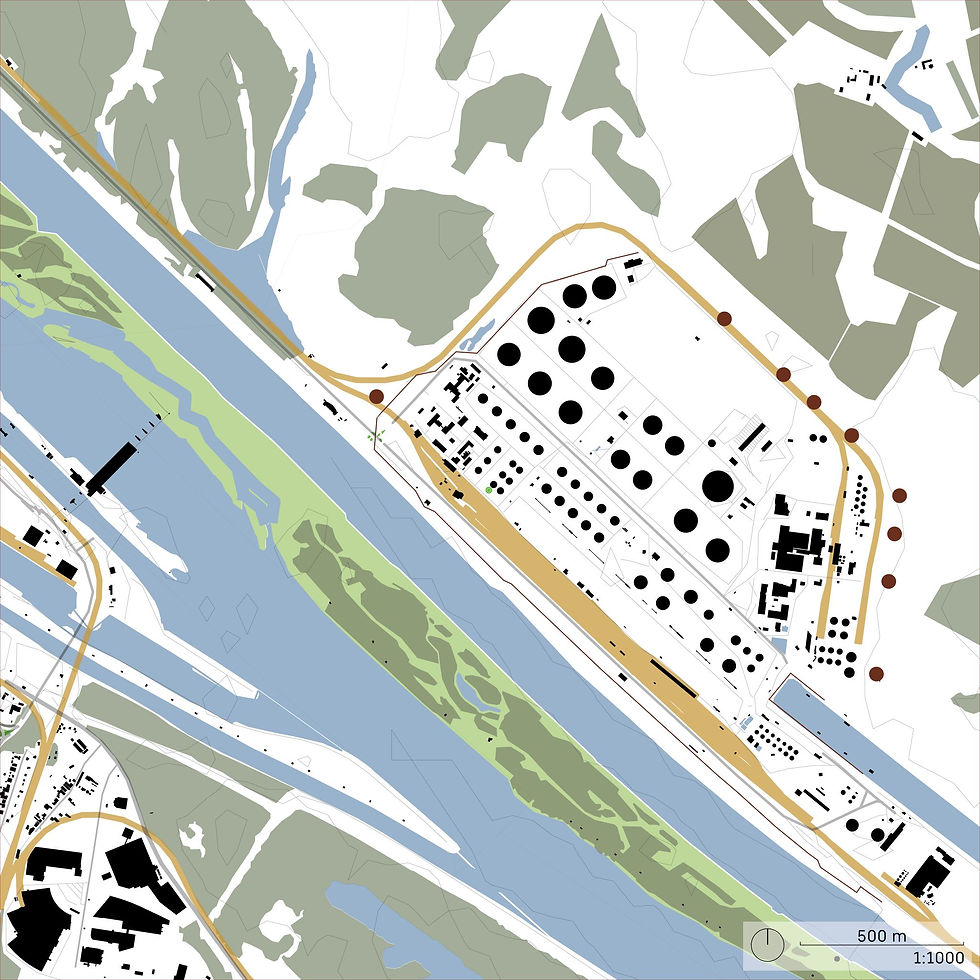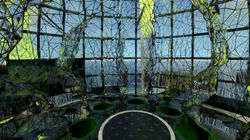Human | Nature

Algae-Human Architecture
This project aims to explore the possibilities of humans and their everyday routines as a part of an energy cycle and the livestock of resources for plants in the year 2100.
Throughout history, humans have tried to control other organisms in different ways for different reasons. Architecture has carefully studied all the conditions that people need. It is said that the aim of this study is to produce better living conditions. Similar to the greenhouse or a zoo, we now live in a carefully controlled environment with space, temperature, and light. We are reduced to numbers and average conditions.
This manipulation of living is studied and transferred into a proposal. In the narrative, since the year 2080, global warming and other environmental problems made existing constructions could no longer provide a safe and comfortable shelter for humans. In 2090, “Architecture” has been found and occupied by humans. By 2100 they have been domesticated and lost any intention to go out. They have not fully understood the system but find it great to live in. The humans have “evolved” to have the new organs of the pipes as well, which enables the full cycle of energy between the human and algae: Humans get sugar, protein, oxygen, and minerals; While Chlorella Vulgaris receives nitrogen, phosphorus, carbon dioxide, and minerals as well. The “Architecture” has transparent materials allowing sunlight in, tanks to collect water, and BVP cells that generate electricity to pump water and Chlorellas through the system. All compartments are functionally related to a part of the actual Chlorella Vulgaris.
This proposal redefines Architecture as a mythical self-domestication process of humans, and reveals that in response to the changing environment, we can only create a perfect cage for ourselves and become a part of the energy cycle of nature.
2020 | Academy of Fine Arts Vienna




 |  |
|---|---|
 |  |
 |  |

 |  |  |
|---|---|---|
 |  |  |
 |  |

